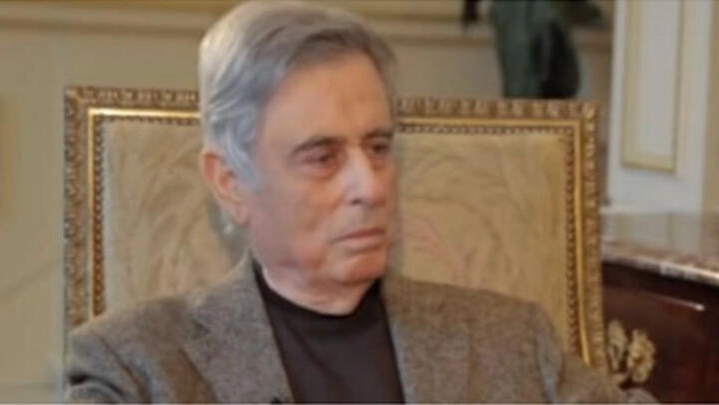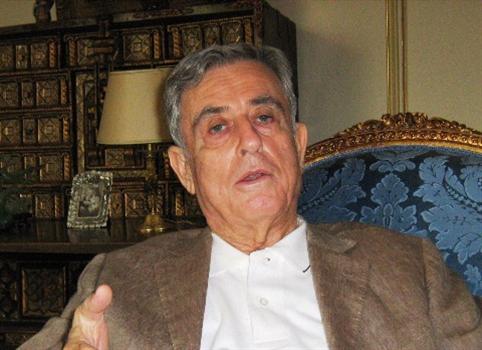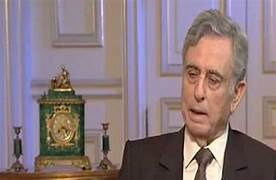Abdel Halim Khaddam, the former Syrian Vice President, once again called on the Arab and international community to establish a military coalition to rescue the Syrian people from the current regime. He emphasized the need for this coalition, particularly in light of the unfruitful outcome of the “Geneva 2” conference. Khaddam pointed out that the Syrian people continue to face daily killings without anyone coming to their defense.
In a statement to the Jordanian e-newspaper Al-Maqar on Friday, Khaddam stated, “Syria has now become a haven for extremists, posing a threat not only to the regime but to the entire world.” He further elaborated on the complex nature of the issue, asserting that the only viable solution lies in the formation of an international military coalition to save the Syrian people.
Khaddam highlighted that a year ago, Syria did not have external extremist elements since it was the Syrian regime itself that was responsible for killing unarmed civilians. He noted that Assad’s army is supported by Iran, Hezbollah, Abu Fadl al-Abbas, their allies, as well as volunteers from Yemen, Iran, and Afghanistan. In light of this, he urged the international community to provide support to the Free Syrian Army, including anti-aircraft missiles, medium missiles, and advanced weaponry capable of countering the regime.
Khaddam called upon the Arab and international community to shoulder their responsibilities regarding the terrorist and extremist acts perpetrated by the Assad regime against the Syrian people. He stated, “Syrians are a moderate people, and those who have come from abroad to fight them alongside the regime have brought destruction upon both the people and the state.”
Referring to his previous calls for the formation of a military coalition to intervene in Syria, Khaddam addressed accusations from the Syrian opposition, stating that he was accused of advocating foreign occupation. However, he clarified that his intention was not to support occupation but rather to intervene in order to save the Syrian people. He questioned the opposition, asking if Iran, which is not directly involved in the regime’s war against the people, should be exempt from intervention.
Regarding Arab humanitarian support, Khaddam acknowledged that certain countries provide significant assistance to the Syrians, who are in dire circumstances due to the regime’s strategy of starvation and forced displacement. He suggested the organization of a comprehensive Syrian national conference with participation from all segments of the population, working towards overthrowing the regime and establishing a unified political and military system, preferably led primarily by internal Syrian forces.



